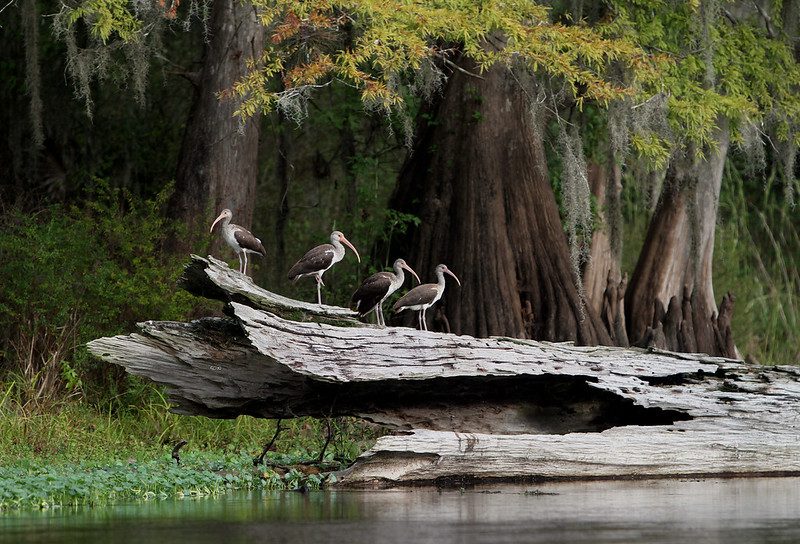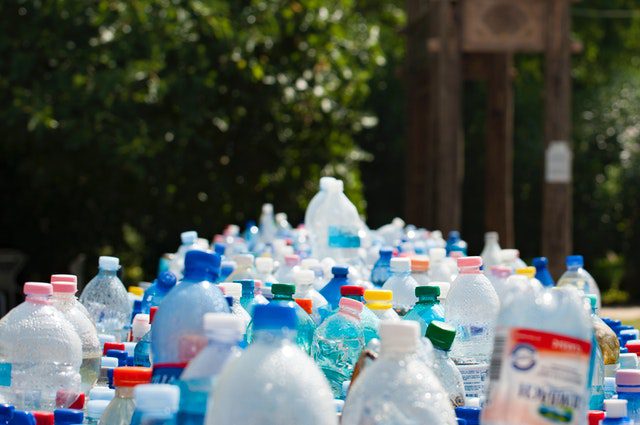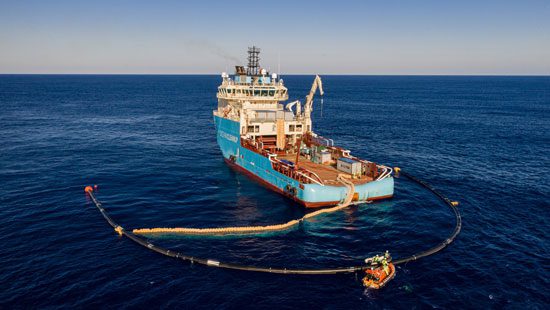


CREDO Action: Florida’s rivers and the plants and animals that rely on them are already facing multi-pronged threats from land development, pollution and climate change. Now the state’s Santa Fe River is facing a new threat. Nestlé is seeking to extract more than 1.1 million gallons of water a day from the river’s natural springs to sell as bottled water. The Santa Fe is home to the Suwannee moccasinshell, a freshwater mussel that is protected under the Endangered Species Act, and imperiled sturgeon have been found swimming its waters. Turtles, birds and other plant and animal species have called this river home for centuries. Allowing Nestlé to jeopardize the health of this already threatened river is ill-advised and irresponsible.
>>>Urge the Suwannee River Water Management District to reject Nestlé’s bottling plan.
The Humane League: McDonald’s is a global giant, but when it comes to the treatment of chickens raised for its menu items, it is lagging behind. McDonald’s has released an inadequate animal welfare policy that fails to address several important welfare issues. Under current conditions, chickens in the company’s supply chain suffer from unnatural growth due to selective breeding and genetical manipulations, ammonia burns from toxic waste fumes, and debilitating injuries from being crippled by the weight of their own oversized bodies. As one of the world’s most influential companies, McDonald’s has the power to impact the entire food industry—as well as the lives of millions of suffering chickens. Instead, McDonald’s has chosen to mislead consumers with hollow promises that lack meaningful change.
>>>Urge McDonald’s to stop purchasing abused chickens.
Animal Legal Defense Fund: Special Memories Zoo, a roadside zoo in Greenville, Wisconsin, has a well-documented history of Animal Welfare Act (AWA) violations. Endangered tigers, Tanya and Teagan, are just two of the more than 200 animals kept in horrible conditions at Special Memories Zoo. These tigers are confined in small, rusty cages, where they are not provided the basic necessities of clean water, food or straw. Witnesses observed the tigers’ water tanks full of algae, their food buckets infested with maggots and rancid meat, and the tigers’ straw left soiled and unchanged for months. The Animal Legal Defense Fund sent notice to Special Memories Zoo declaring an intent to sue the facility for keeping the tigers and other animals in squalid conditions that violate the Endangered Species Act, as well as state laws covering captive wild animals, animal cruelty and public nuisance.
>>>Boycott Special Memories Zoo and other roadside zoos that profit by exploiting animals.
Cause for concern…

- Exposure to BPA in the womb linked to wheezing and poorer lung function in children (European Lung Foundation, ScienceDaily)
- Murder in the Amazon heightens fears for isolated tribes (Scott Wallace, National Geographic)
- Forgotten victims of Amazon fires: Thousands of animals die ‘horrific’ deaths (David Burke, Mirror Online)
- Israel’s land confiscation and settlements harm not only Palestinians, but also wild and domesticated animals (Sally Bland, Jordan Times)
- Scientist behind study saying red meat is healthy has past ties to food industry (Liam Gilliver, Plant Based News)
- Animal rights activist faces up to 70 years in prison after rescuing piglets from horrific abuses in the nation’s largest pig farm (Now This News)
Round of applause…

- Ocean cleaning device succeeds in removing plastic for the first time (Jordan Davidson, EcoWatch)
- Orangutan granted human rights flies to U.S. for more dignified life (Stephanie Cockroft, Evening Standard)
- EU imposes hen welfare standards on egg imports for first time (Mattha Busby, The Guardian)
- Make a healthy climate a legal right that extends to future generations (Larissa Parker, The Economist)
- The moral market: How a rise in ethical consumption pushed veganism mainstream (Roshini Nair, CBC News)
- Vegan tuna provides an ocean sustainability solution (Lana Bandoim, Forbes)
Parting thought…
“The proper use of science is not to conquer nature but to live in it.” —Barry Commoner
Earth | Food | Life (EFL) explores the critical and often interconnected issues facing the climate/environment, food/agriculture and animal/nature rights, and champions action; specifically, how responsible citizens, voters and consumers can help put society on an ethical path of sustainability that respects the rights of all species who call this planet home. EFL emphasizes the idea that everything is connected, so every decision matters.
Click here to support the work of EFL and the Independent Media Institute.
Questions, comments, suggestions, submissions? Contact EFL editor Reynard Loki at [email protected]. Follow EFL on Twitter @EarthFoodLife.